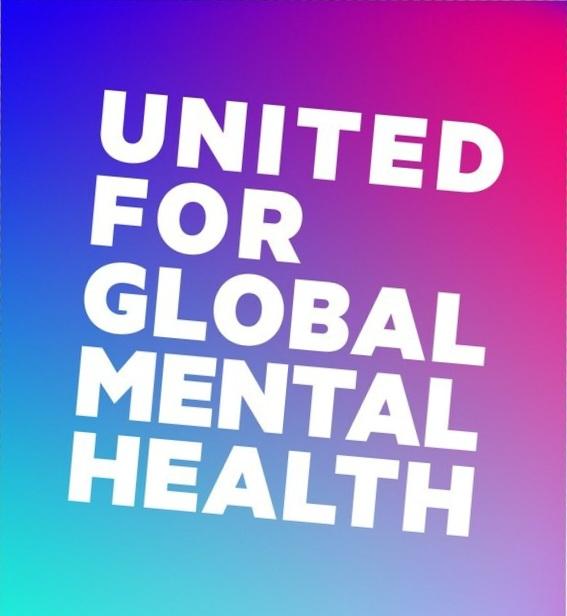
Committed to Service, Care, and Social Responsibility.
Chhaya Foundation is a purpose-driven non-profit organization dedicated to restoring hope, dignity, and strength to individuals, families, and communities facing life’s most difficult challenges. We work at the intersection of compassion and action, focusing on the prevention of suicide, the effective response to missing person cases, and the promotion of mental health awareness and support.
Rooted in empathy and guided by responsibility, our initiatives aim to address both immediate crises and their deeper social causes. We believe that every life matters and that timely intervention, community involvement, and access to the right resources can save lives and rebuild futures.
Aligned with the United Nations Sustainable Development Goals (SDGs), Chhaya Foundation strives to create sustainable, inclusive, and supportive systems that empower people to heal, grow, and move forward with hope. Through collaboration, awareness, and continuous advocacy, we are committed to creating a safer and more compassionate society for all.
Vision
The Chhaya Foundation envisions to create an Environment in India, where a suicide is prevented, Missing cases are effectively addressed, and families receive the necessary support and resources to heal and move forward.
Mission
The goal is to reduce the number of suicide, missing and mental health cases by honoring achievements, providing resources and support, raising awareness, advocating for victims' rights, addressing root causes, creating inclusive and supportive society, educating the public, intervening when people go missing, and encouraging community organisations to work together.
Core Values
Empathy
Empathy is essential for understanding the unique needs and experiences of affected....
Persistence
Where a suicide is prevented, missing cases are effectively addressed, and families receive the....
Transparency
The organization operates with integrity and is committed to being open and honest in all its....
Collaboration
Collaboration is demonstrated through various activities such as providing counseling and....
Respect
Respect is shown in our unwavering commitment to equitable treatment.....
Innovation
The innovation is demonstrated through the organization's constant search for new and....
Our Associations
United for Global Mental Health
At Chhaya Foundation, we recognize the global nature of mental health issues. We are honored to partner with "United for Global Mental Health", a leading organization committed to raising awareness, reducing stigma, and increasing support for mental health on a global scale.
Together with our trusted partners in this network, we are working tirelessly to break down barriers and improve mental health services around the world.
By uniting our efforts, we aim to create a world where mental health is treated with the care and respect it deserves.


The Global Mental Health Action Network
The "Global Mental Health Action Network" is a dedicated community of advocates, including Chhaya Foundation, who are focused on building the political and social will to make mental health services accessible and equitable on a global level.
We understand that addressing mental health challenges requires collective action, and by being part of this network, we contribute to the momentum needed to bring about systemic change..
Together, we are committed to ensuring that individuals everywhere have access to the mental health support they need to lead fulfilling lives.
What We Do
We strive to create positive change by providing resources and support for underprivileged individuals and fostering a brighter future for all.
Crisis Intervention
Mental Health
Support Groups
Resources & Info
Community Outreach
Training & Education
Advocacy
Research
Your generous donations enable us to make a meaningful impact in the lives of those in need. Every contribution brings us one step closer to a better world.

Send Us Message For Donation
Read Our Latest News





